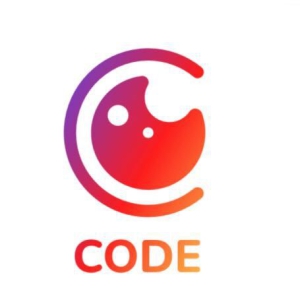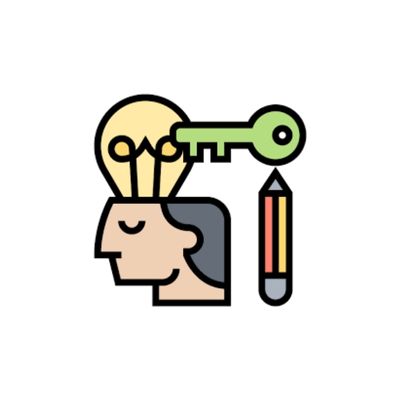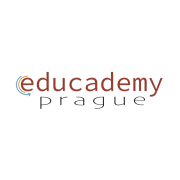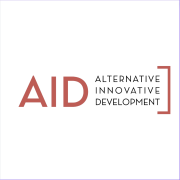Training VET professionals in the implementation of courses related to STEM/ICT field, with a focus on coding;
Facilitating the entry into the labour market for young VET learners;
Easing the matching between labour demand and labour request for youth;
Decreasing inequality gap related to low-skilled professions, displacement and misinformation.
Context of the Project: The outbreak of the COVID-19 pandemic has further stressed the need for a shift towards more sophisticated technological and digital solutions in all sectors of economy and society. The COVID-19 context has accelerated the ongoing digitalisation and automation process of many enterprises throughout the globe, thus increasing the pace to which digital technologies are transforming various jobs in the non-tech field due to the requirement in digital technologies mastering. In this sense, “The future of jobs report 2018” (World Economic Forum, 2018) presents a future scenario where a set of digital Technologies might be adopted in different manufacturing industries or in vertical industries, which deploy new automation and robotics features as well as devices running in the information and communication technology industry. The displacement of some existing jobs as a result of automation is inevitable, while digital skills gaps will be related to the need to support digitaltransformation in different industries. In the Industry 4.0 era, the application of Artificial Intelligence (AI) tools and solutions requires new digital skills in the workforce, thus demanding a co-work relationship between humans and machines (Bughin & van Zeebroeck, 2018), which entails more jobs related to computer programming. In this sense, the new jobs requiring advanced digital tools and solutions encompass the specific programming category and the less specific computer programming logic mastering category (ITU, 2020). CODE aims at filling the gap between labour request and labour demand related to digital skills in the nowadays market through a 24-month strategic partnership for innovation in the field ofvocational education and training targeted at learners aged 14-30. In particular the project will introduce VET learners to STEM/ICT skills, focusing mainly on coding, in order to enhance their understanding of programming logic and of its paradigms. The selected age span will constitute an advantage for VET learners and for the project purpose since, as reported by DESI (2020), between 85-91% of young individuals possess at least basic software skills, which makes them more receptive to the selected topic. At the same time, project outputs will serve the purpose of easing the access to new job opportunities for young VET learners, who will benefit from the enhancement of their digital skills and from a trending requirement. Partner countries’ performance as for digital technology integratio in business is lagging, since all of them are below 50% rate, while increasingly big enterprises and SMEs are using softwares for analysis purposes, e-commerce platforms for trade and cloud computing services to improve operations and cut the costs (DESI, 2020).











